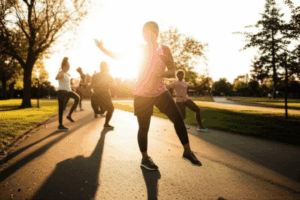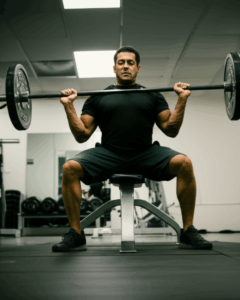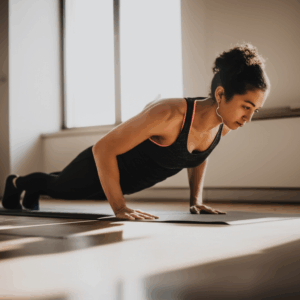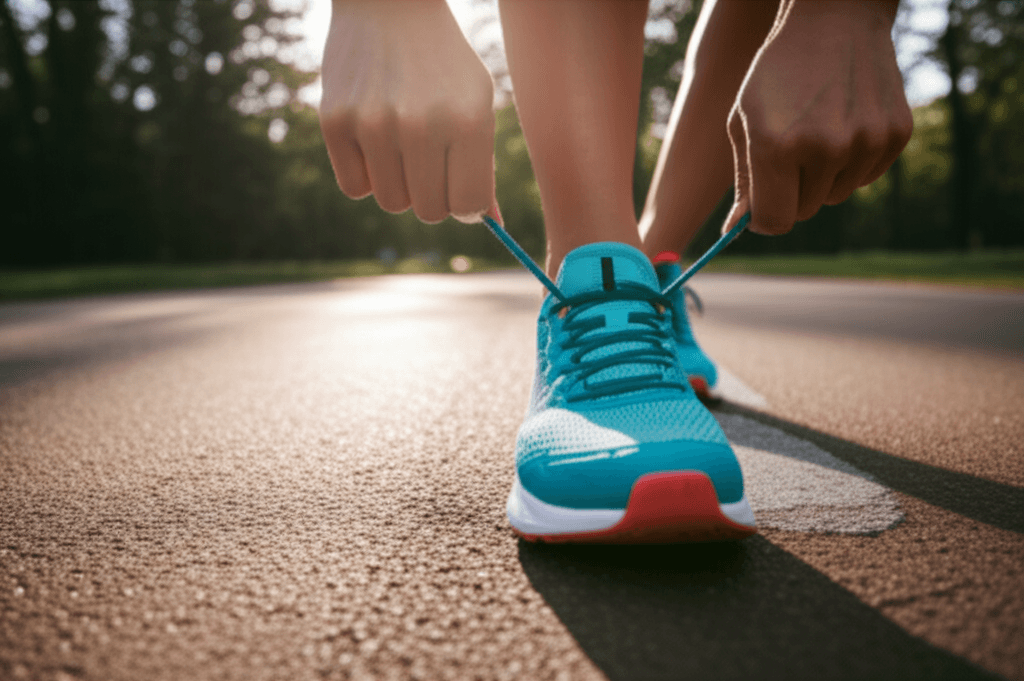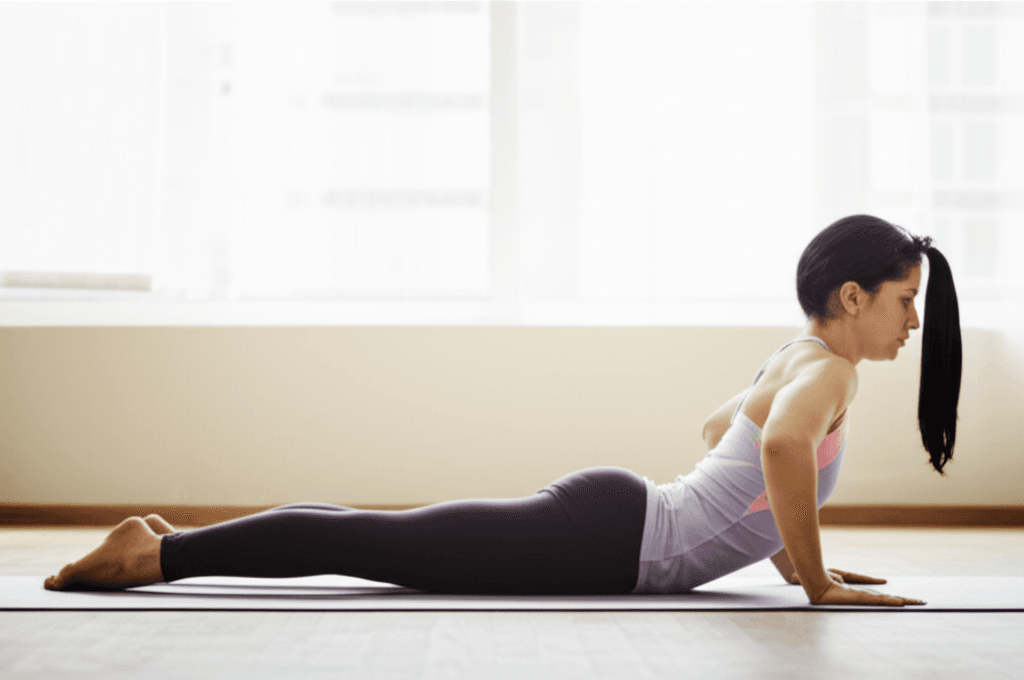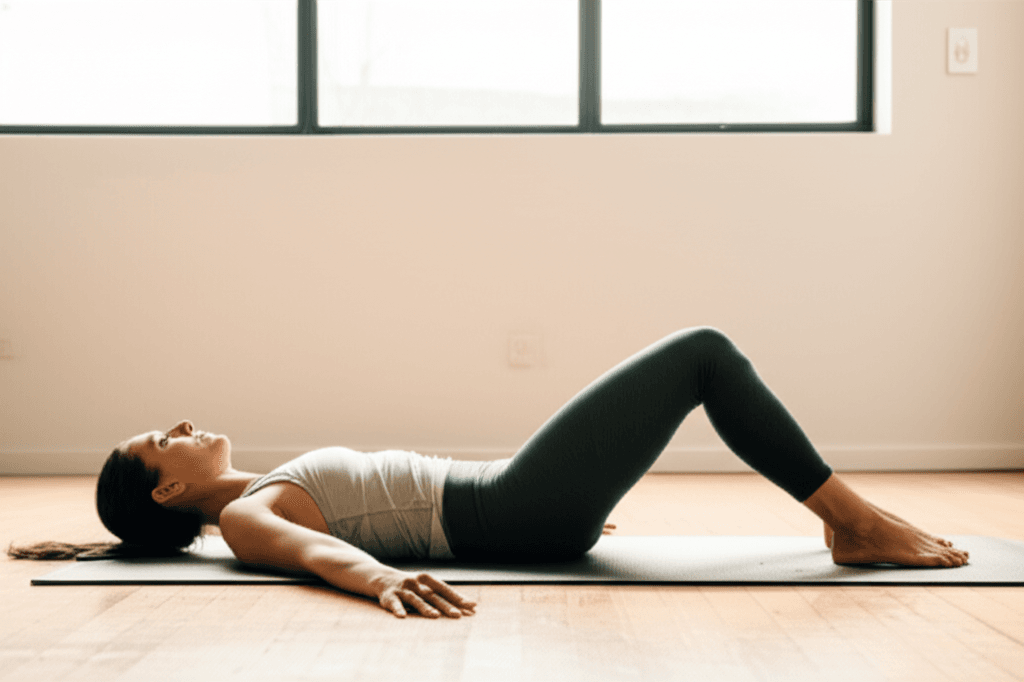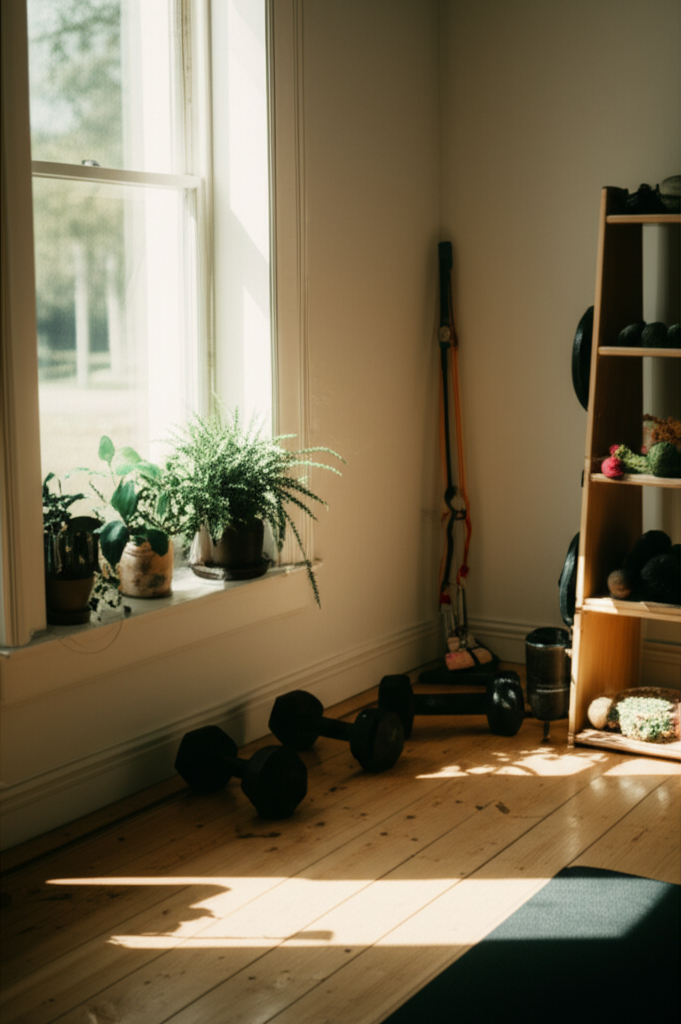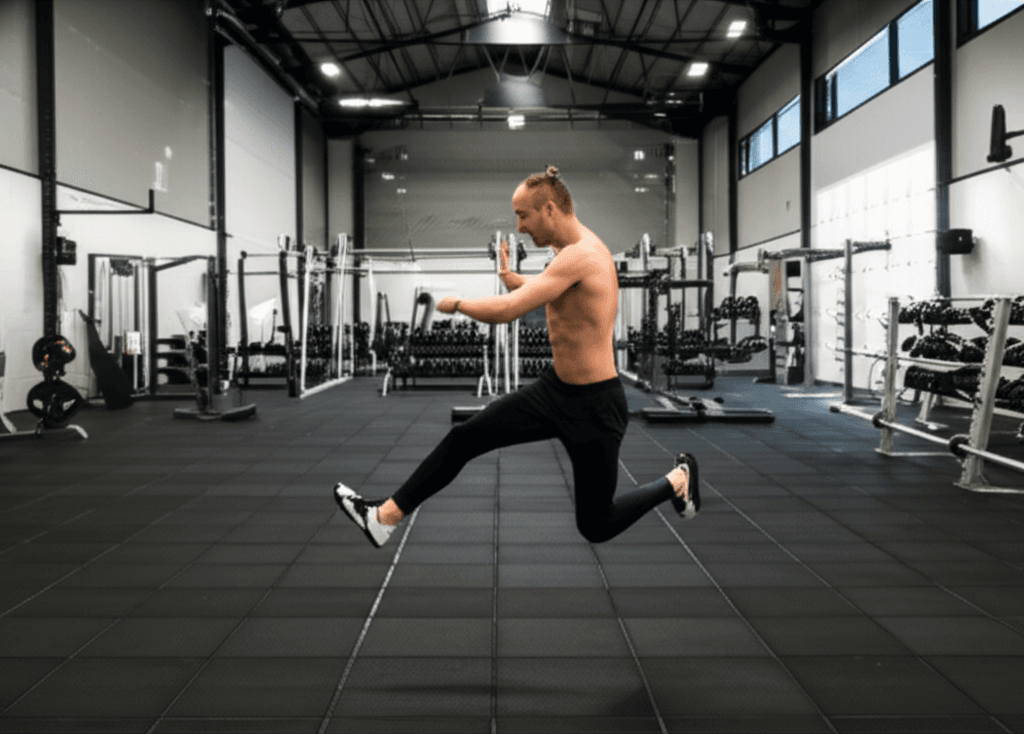Author: FitVibesOnly
Hey, I’m FitVibesOnly—your new fitness BFF who’s all about breaking a sweat and having fun while doing it. Whether you’re here to crush your workout goals, find balance, or just figure out how to enjoy leg day (it’s possible, I promise!), you’re in the right place.This blog is all about real talk, no fluff. From workout tips to healthy recipes and mindset shifts, I’m here to make fitness less intimidating and way more empowering. Spoiler: It’s not about being perfect—it’s about showing up, smashing limits, and feeling like the strongest version of YOU.Let’s lace up, lift heavy, and laugh through the journey. Because fitness isn’t just a goal; it’s a vibe—and you’re gonna love it.
In the pursuit of a healthier heart, regular physical activity stands as a cornerstone. While the overarching consensus among health experts is that any exercise is better than no exercise, a growing body of research explores whether specific times of day might offer unique cardiovascular benefits. Could timing your workout unlock an additional layer of
In a world constantly pushing ideals of perfection, many of us seek paths to greater self-acceptance and a deeper sense of well-being. While Pilates is widely recognized for its physical benefits, such as improved flexibility, strength, and posture, its impact extends far beyond the physical realm, offering a unique avenue for enhancing mental health and
In an era defined by constant connection and rapid innovation, the path of entrepreneurship can be both thrilling and profoundly challenging. Marc Andrew, a prominent social influencer and fitness professional, offers a candid look into this dynamic landscape, emphasizing the critical role of mental health amidst the digital hustle and unveiling his ambitious new endeavor:
In a world constantly pushing us toward external validation, the journey to genuinely like oneself can feel arduous. While physical activities are often lauded for their impact on appearance and health, some practices delve deeper, fostering a profound connection between mind and body. Pilates, celebrated for its physical conditioning, increasingly reveals its potential as a powerful tool for enhancing self-esteem and cultivating a more positive self-image. It’s not just about sculpted muscles; it’s about building a foundation for self-acceptance from within. The Holistic Benefits of Pilates: More Than Just a Workout Pilates, a low-impact exercise method developed by Joseph Pilates…
In the realm of fitness and well-being, actor and model Dino Morea stands as an enduring inspiration, demonstrating that a healthy body and a balanced life are achievable through consistent effort and a holistic approach. Morea’s philosophy transcends mere aesthetics, advocating for overall well-being encompassing physical activity, mindful nutrition, and mental peace. His sustained fitness,
It’s a culinary enigma that has fascinated health enthusiasts for decades: how do French people maintain a seemingly slim physique despite a diet rich in cheese, pastries, and wine? This observation, often dubbed the “French Paradox,” challenges conventional wisdom about weight management. Contrary to popular belief, it’s not simply genetics or metabolism at play. A
It’s a culinary enigma that has fascinated health enthusiasts and dieters for decades: the “French Paradox.” How do the French, with their rich cuisine filled with butter, cheese, pastries, and wine, manage to maintain some of the lowest obesity rates in the Western world? While many cultures grapple with rising weight concerns, often shunning such
Tiger Shroff is synonymous with a chiseled physique, breathtaking stunts, and unparalleled agility. His dedication to fitness is legendary in Bollywood, inspiring millions to pursue a healthier lifestyle. For his upcoming film Baaghi 4, Shroff has once again pushed the boundaries, transforming his body to meet the demanding action sequences, showcasing a journey from a
The “French Paradox” has long puzzled health enthusiasts and casual observers alike: how do French people maintain a reputation for slimness despite a diet rich in cheese, pastries, wine, and other decadent foods? While many cultures struggle with rising obesity rates, France consistently reports lower figures, leading to a closer examination of their unique approach to food and lifestyle. A fitness coach recently shed light on this intriguing phenomenon, highlighting nine key reasons that contribute to the French ability to stay trim while embracing culinary indulgence. It turns out the secret lies not in deprivation, but in deeply ingrained cultural…
The image of French people enjoying rich cheeses, flaky pastries, and ample wine while maintaining a relatively slim physique has long puzzled the world, giving rise to the term “French Paradox.” While other cultures grapple with rising obesity rates, France, despite its culinary indulgence, boasts significantly lower statistics. According to a fitness coach, the secret

